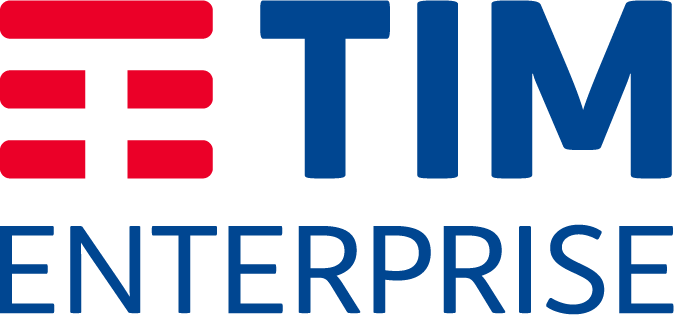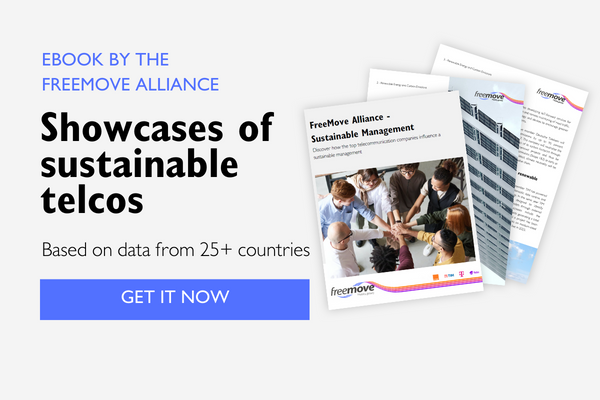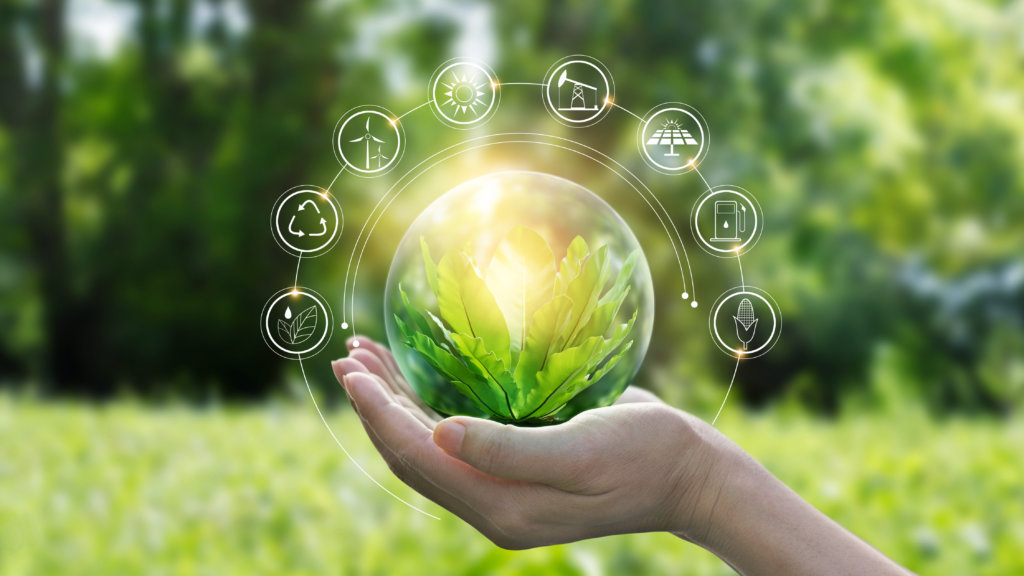In order to reduce the impact to a minimum, Telecom Italia puts in place a number of initiatives aiming at:
- reducing its own energy consumption in spite of the increasing demand for services from our customers, that would instead require more energy to be used to operate the telecommunications infrastructure;
- developing and adopting new and advanced technological solutions that would enable the reduction of the energy consumption of networks and business processes, as well as of the products that are made available to their customers.
The Group measures its energy efficiency by using an eco-efficiency indicator that establishes a relationship between the service offered to the customer (bits transmitted) and the company’s impact on the environment (joules of energy consumed). The factors taken into consideration are the amounts of data and voice traffic of the fixed and mobile networks, and energy consumption for industrial purposes (transmission and climate control in exchanges), domestic purposes (electricity for office use, air conditioning and office heating) and vehicles.
In 2020 the value of the indicator calculated for the Domestic BU was 20,648 bit/joule, up 52.59% compared to 2019 and 85.66% compared to 2018. This is the result of a substantial increase in data traffic, of policies to contain consumption and the result effect of Covid-19 on these two components already in place. Work continued with an objective of 23,000 bit/Joule set for 2021, an increase of +11.39% on the figure for 2020. The eco-efficiency index calculated for Brazil shows a continuous improvement too: in 2020 it grew significantly by 211% compared to 2019 and by 390% compared to 2018. The Company always strives to implement energy efficiency programs and a rational use of resources: the Energy Management Procurement function operates within the Procurement department, focusing on energy issues with the mandate to identify and finalize appropriate energy efficiency measures in Italy. In addition, together and in coordination with the competent units of the Chief Technology Office, it ensures that the planning and implementation of the adopted solutions is consistent with the Company’s efficiency plans. The short-term variable remuneration policy (MBO) provides that department heads are assigned objectives in line with the Group’s business plan and focused on environmental protection issues and the rational use of resources. In Brazil, 66.6% of domestic electricity comes from hydroelectric generation.
TIM measures Data Center efficency: in 2020 the average value of TIM Group PUE is 1.40. Data are based on measurements carried out applying a methodology developed internally. PUE values are not certificated. The percentage of renewable energy incorporated into the electricity supply of TIM’s data centers is 75% of total energy consumed by Data Centers that in 2020 was about 385,218 MWh.
TIM is engaged in a continuous improvement of telephone exchanges cooling systems in order to improve energy use by installing more efficient devices available on the market, even before the end of useful life of the existing ones, just for energy saving reasons. In addition, TIM has set up a monitoring platform where it’s possible to retrieve consumption data, but also other environmental parametres which are the basis for an optimized use of energy. Currently, a plan to include additional locations in the monitoring platform is under development. In few locations, also some AI devices have been installed and are currently tested.
Read more about TIM’s actions for a sustainable future on gruppotim.it







